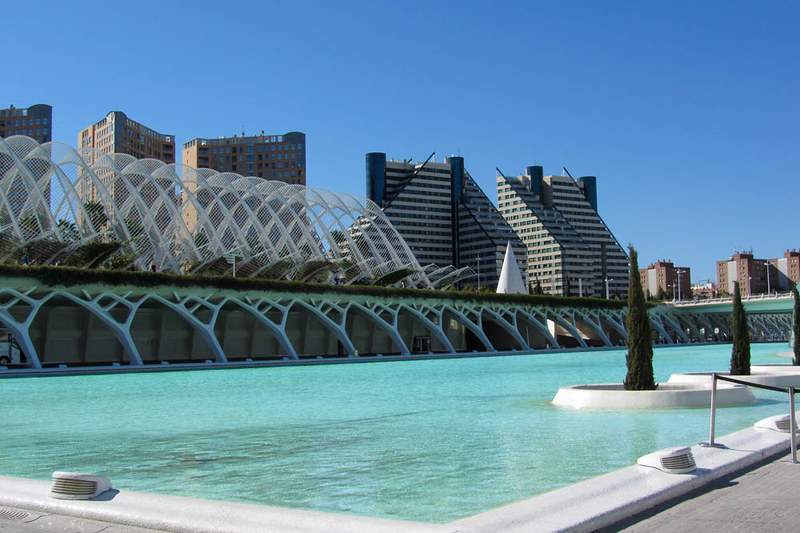When people think of entertainment, they often think of Hollywood, Bollywood, or major streaming platforms. But some of the most meaningful entertainment comes from local talent, community events, and grassroots creativity.
Local entertainment plays a vital role in shaping a region’s identity, preserving culture, and bringing people together.
The Pulse of a Community
Local theater productions, music concerts, comedy nights, and film festivals breathe life into neighborhoods. These events provide opportunities for people to connect, discover talent, and support local artists.
For example, community theaters not only entertain—they educate. They give young people a chance to perform, build confidence, and learn teamwork. Local concerts introduce audiences to regional music styles that might never hit the global charts but carry deep cultural significance.
Culture Preservation and Expression
In many places, entertainment is a way to preserve heritage. Folk dances, traditional music, and storytelling festivals keep old customs alive. Whether it’s flamenco in Spain, bhangra in India, or Native American powwows, these forms of entertainment celebrate cultural identity.
Without support for local entertainment, these traditions could fade. That’s why many towns and cities invest in cultural programming, grants for artists, and public events that spotlight heritage.

Boosting Local Economies
Entertainment is also good for business. A local music festival or film premiere attracts visitors, fills restaurants, and boosts hotel bookings. Street performers and night markets turn public spaces into economic hubs.
Studies show that every dollar spent on the arts generates several dollars in return for the local economy. This ripple effect supports jobs, from event planners and security guards to food vendors and taxi drivers.
Empowering New Voices
Local entertainment provides a platform for new voices—especially those underrepresented in mainstream media. Independent filmmakers, spoken word artists, and up-and-coming musicians often get their start in community events.
In the digital age, local artists can now build global followings. A musician in Lagos, a comic in Detroit, or a dancer in Manila can go viral overnight. But it all starts with performing for the local crowd.
Challenges Facing Local Entertainment
Despite its importance, local entertainment faces challenges. Lack of funding, limited venues, and competition from big-name media make it hard for small creators to thrive.
Gentrification also threatens cultural spaces. Iconic theaters, indie cinemas, and music clubs are being replaced by luxury condos and retail chains in many cities.
To support local entertainment, communities need to attend events, promote local creators, and push policymakers to invest in the arts.
Technology as a Bridge
The internet offers new ways for local entertainment to thrive. Livestreaming allows events to reach wider audiences. Social media helps creators connect directly with fans. Crowdfunding lets communities financially back artists and projects they believe in.
Tools like YouTube, TikTok, and SoundCloud have removed the traditional barriers to entry. But digital success still often begins with grassroots support.
Conclusion
While global entertainment dominates headlines, local entertainment shapes hearts. It builds community pride, preserves heritage, and fuels economic and creative growth. By attending a local concert, promoting a hometown artist, or volunteering at a cultural event, you’re not just watching entertainment—you’re helping create it.
